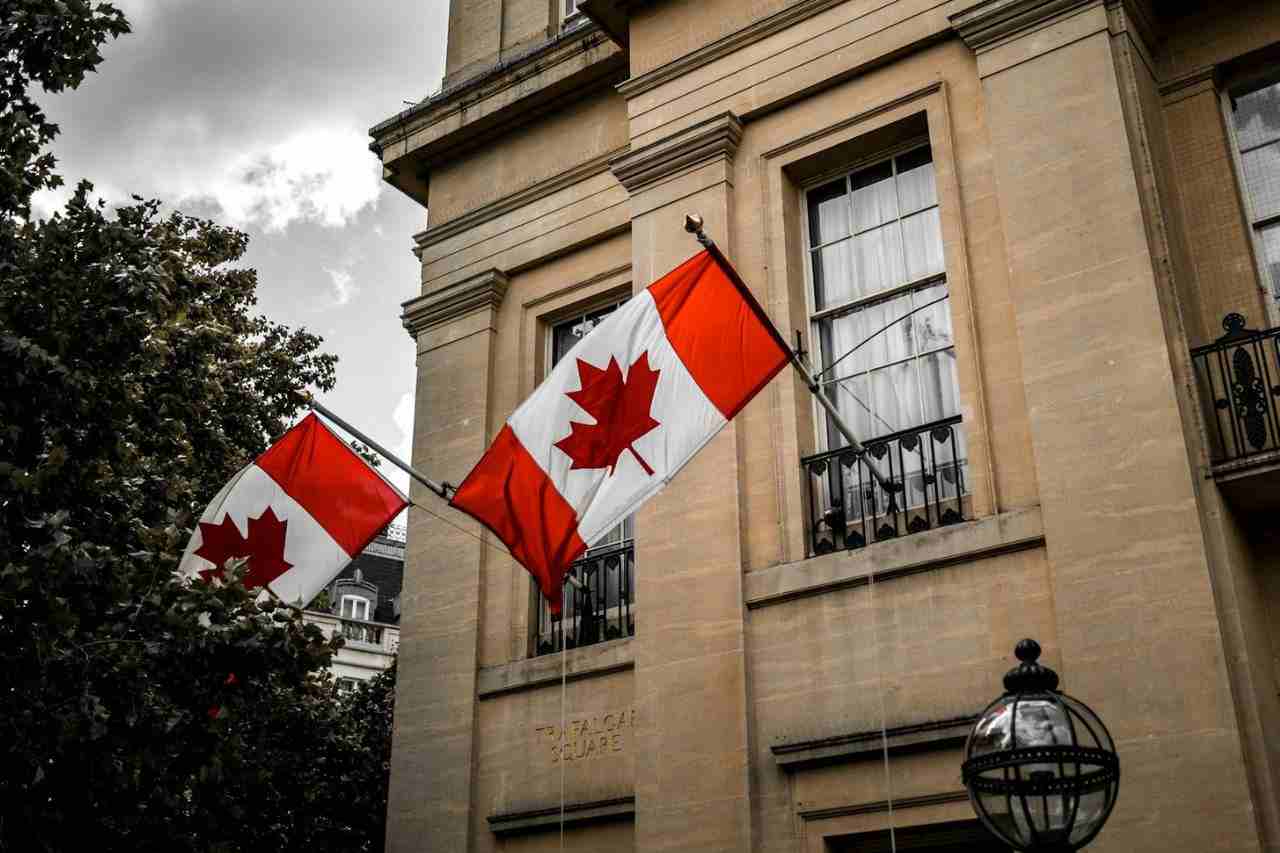Canada Celebrates French-Speaking Immigrants During National Immigration Week

Canada is once again embracing its rich tapestry of diversity with the 13th National Francophone Immigration Week, a celebration acknowledging the significant contributions of French-speaking immigrants to the nation’s cultural, social, and economic landscape. The 2025 theme, “Thank You for Enriching Our Francophonie,” honors these newcomers who play a pivotal role in fortifying Canada’s bilingual and inclusive identity.
### Celebrating Francophone Immigrants
This annual event is more than just a nod to multiculturalism; it is a movement that highlights the vital role of French-speaking immigrants in communities across Canada. Spearheaded by Immigration Minister Lena Metlege Diab, the celebration underscores Canada’s strategic goal to ensure that 8.5% of all permanent residents outside Quebec are French-speaking by 2025.
Minister Diab reiterated that Francophone immigration enhances both Canada’s demographic equilibrium and its bilingual nature. Programs like the Welcoming Francophone Communities initiative are designed to integrate newcomers into regions with relatively small French-speaking populations, providing them with the tools to succeed socially and economically.
### Sustaining Francophone Communities
French-speaking immigrants are essential to the vitality of minority Francophone communities, especially in provinces such as Ontario, New Brunswick, and Manitoba. These communities depend on continuous immigration to maintain their linguistic and cultural dynamism.
In response, federal and provincial leaders are formulating a new action plan to enhance Francophone immigration outside Quebec. This strategy focuses on improving settlement services, fostering regional growth, and ensuring newcomers have the resources to thrive in their new communities.
### The Importance of Francophone Immigration
Francophone immigration is a cornerstone of Canada’s future, not merely for linguistic diversity but as a catalyst for economic and social advancement. French-speaking newcomers are critical in sectors such as healthcare, education, and skilled trades, addressing labor shortages while promoting cultural exchange.
Moreover, a robust Francophone presence enhances Canada’s global reputation as a bilingual nation. It strengthens international trade, diplomacy, and educational opportunities within the Francophonie network, positioning Canada as a leader in cultural inclusivity.
### Collaborative Efforts and Commitment
The Canadian government’s focus on French-speaking immigration reflects a deeper commitment to inclusivity in national policy. By collaborating with provincial governments, municipalities, and community organizations, Canada ensures the seamless integration of Francophone newcomers, enabling them to contribute meaningfully to their local communities.
Minister Diab’s assurance that Canada is on track to meet its 2025 targets highlights the nation’s dedication to fostering an environment where linguistic diversity not only survives but thrives. This collaborative approach across different levels of government exemplifies how shared responsibility can lead to sustainable immigration outcomes.
### A Unified Francophone Vision
As National Francophone Immigration Week unfolds, it serves as a poignant reminder of how French-speaking newcomers enrich Canada’s narrative. Their resilience, ingenuity, and cultural heritage enhance the nation’s social fabric and drive economic prosperity. Canada’s investment in Francophone immigration guarantees that the country will remain bilingual, prosperous, and welcoming for future generations.



